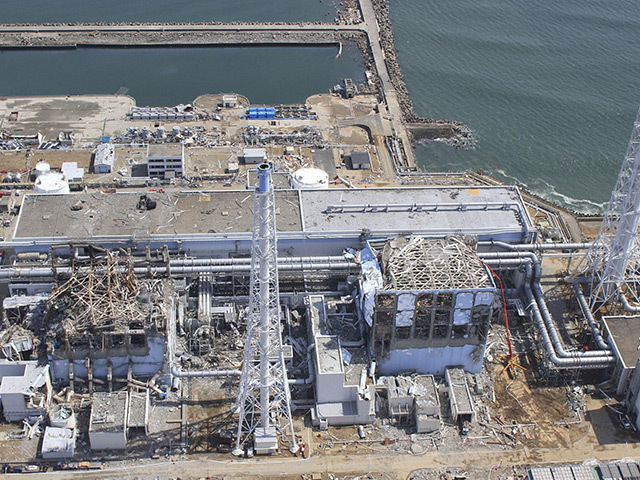
Japan’s nuclear regulator has upgraded the rating of a leak of radiation-contaminated water at its tsunami-hit nuclear plant to a “serious incident” on an international scale.
The Nuclear Regulation Authority originally gave a Level 1 rating – an “anomaly” – to the August 19 leak of 300 tons (80,000 gallons) of water from a tank at the Fukushima Dai-ichi nuclear plant.
Last week it proposed raising that to Level 3 – a “serious incident” – and it made that change after consulting the International Atomic Energy Agency.
The ratings are designed to inform the international community, and changing them does not affect efforts to clean up the leak by the government and plant operator Tokyo Electric Power Company (TEPCO). The 2011 Fukushima disaster itself was rated the maximum of 7 on the IAEA’s International Nuclear and Radiological Events Scale, the same as the 1986 Chernobyl accident.
Tepco has recovered some of the water that leaked from the tank but says some of it may have reached the sea through a rainwater gutter. Tepco has built hundreds of tanks to hold radioactive water, some of which is ground water that made its way to the plant, but hundreds more tons of contaminated water are believed to be entering the sea each day.
The plant suffered triple meltdowns after the massive earthquake and tsunami in March 2011. Tepco is spraying tons of water into its reactors to cool them and is struggling to contain the resulting waste water.
Japan’s industry minister said this week that the government would take over clean-up efforts.
Recommended for you
